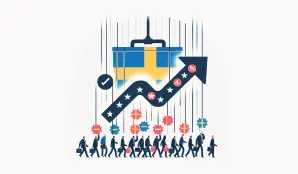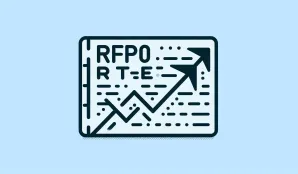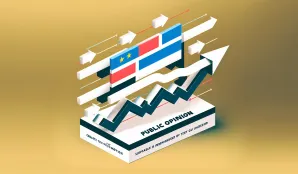Sweden's policy rate
- Home
- Swedens Policy Rate
Sweden's Policy Rate/Repo Rate: A Pillar of Economic Stability
The policy rate, also known as the repo rate, plays a crucial role in Sweden's economic landscape. It affects everything from household loans to overall economic growth. In this text, we explore the significance of the policy rate, its function, and how it affects you.
What is the Policy Rate?
The policy rate is the interest rate set by the Swedish Riksbank, at which it lends money to commercial banks. It serves as a tool for the central bank to control inflation and influence the country's economy. By adjusting the policy rate, the Riksbank can influence other interest rates in the economy, including those offered by banks to savers and borrowers.
By raising the policy rate, it becomes more expensive for banks to borrow money from the Riksbank, which often leads to higher loan rates for households and businesses. This can cool down an overheated economy and keep inflation in check. Conversely, lowering the policy rate can stimulate the economy by making loans cheaper, encouraging investment and consumption.
Impact on Everyday Life
The level of the policy rate has a direct impact on your economy. A high policy rate can lead to higher mortgage rates, increasing costs for those with variable loans. On the other hand, savers can benefit from higher savings rates. A low policy rate aims to make borrowing cheaper, which can encourage larger purchases like houses and cars, but at the same time, it offers lower returns for savings.
Policy Rate vs. Market Rates
Although the policy rate is an important factor, market rates are also influenced by other factors such as market expectations of future economic policy, inflation, and global economic conditions. It is important to understand that the policy rate is one of many tools used to influence the economy.
Opportunities and Challenges
Balancing the policy rate is a challenge. A well-adjusted interest rate can promote economic growth and stability, while incorrect adjustments can lead to economic instability. The Riksbank's decisions are based on careful analysis and forecasts to ensure healthy economic development.
The policy rate is a crucial tool for steering Sweden's economy. Its impact extends far beyond the financial markets, affecting everyone's everyday life and is central to economic planning and decision-making. By understanding how the policy rate works, we can better understand economic news and how it affects us.
Sweden's national debt
-

Opinion Poll: Demoskop February 2026 – Center increases, S still largest
Fri, 27 Feb 2026 - 09:35 -

Policy rate remains at 1.75% – Riksbank signals stability
Thu, 29 Jan 2026 - 14:02

Richard Andersson
Works as a developer and programmer on a daily basis with a burning interest in economics and politics










